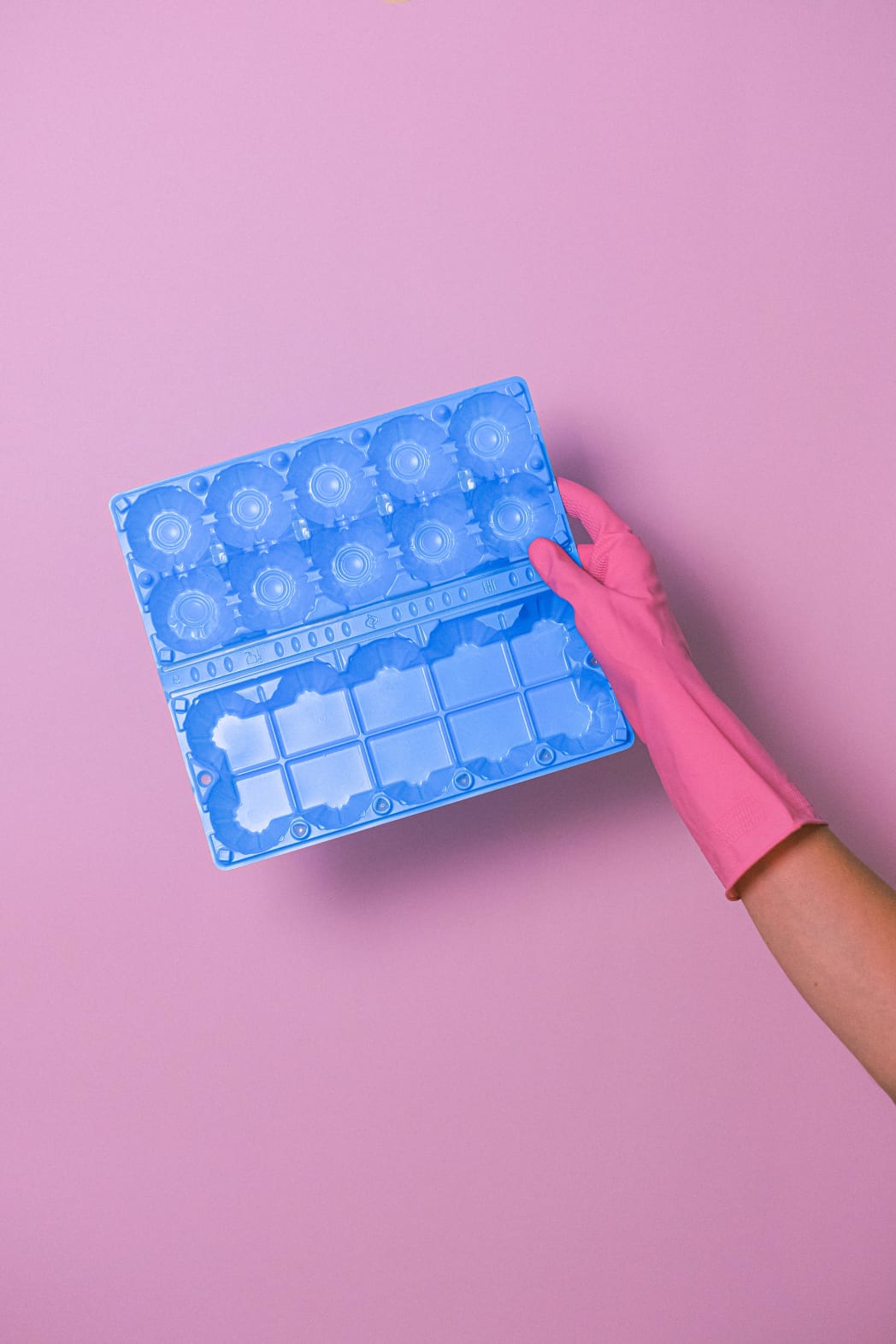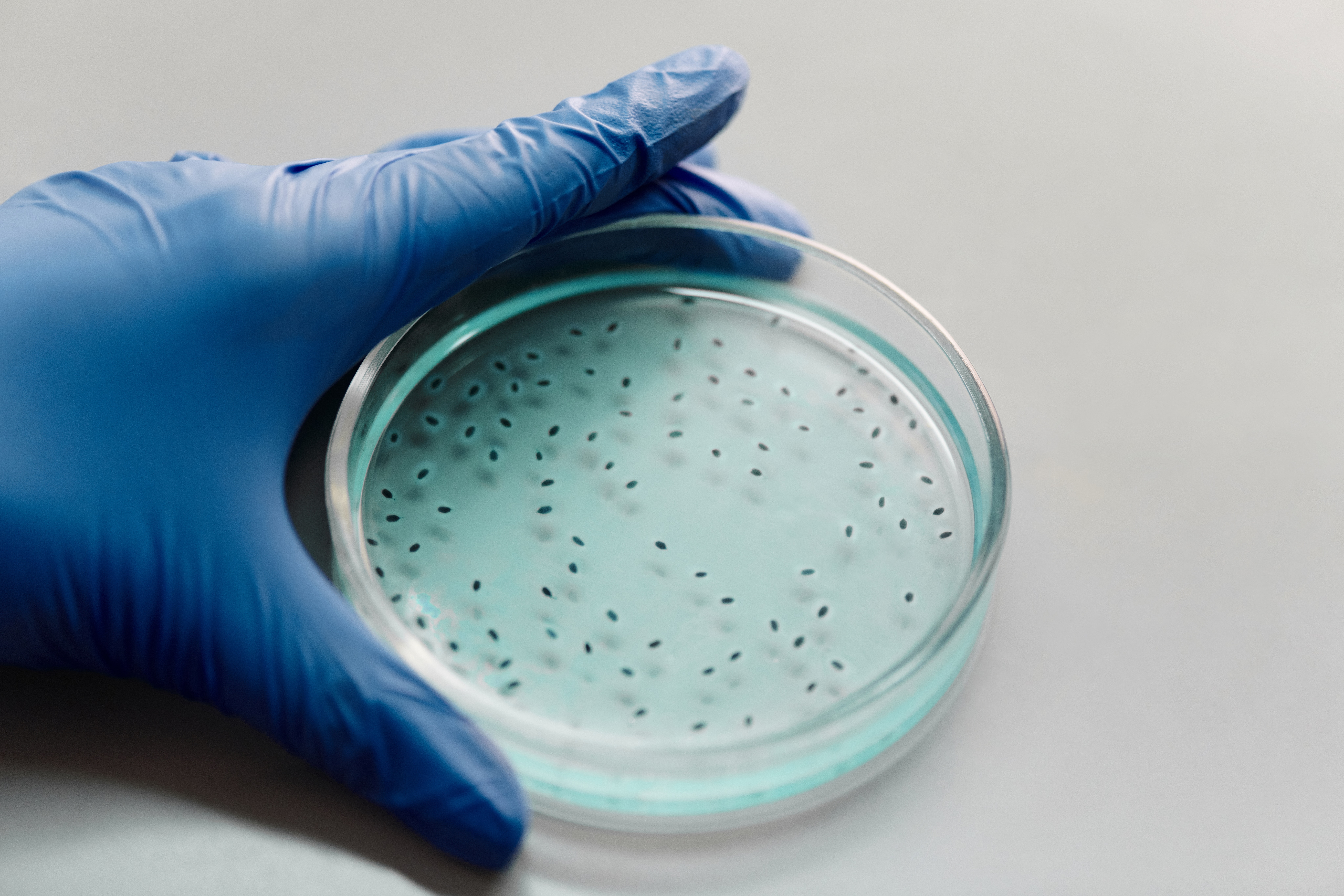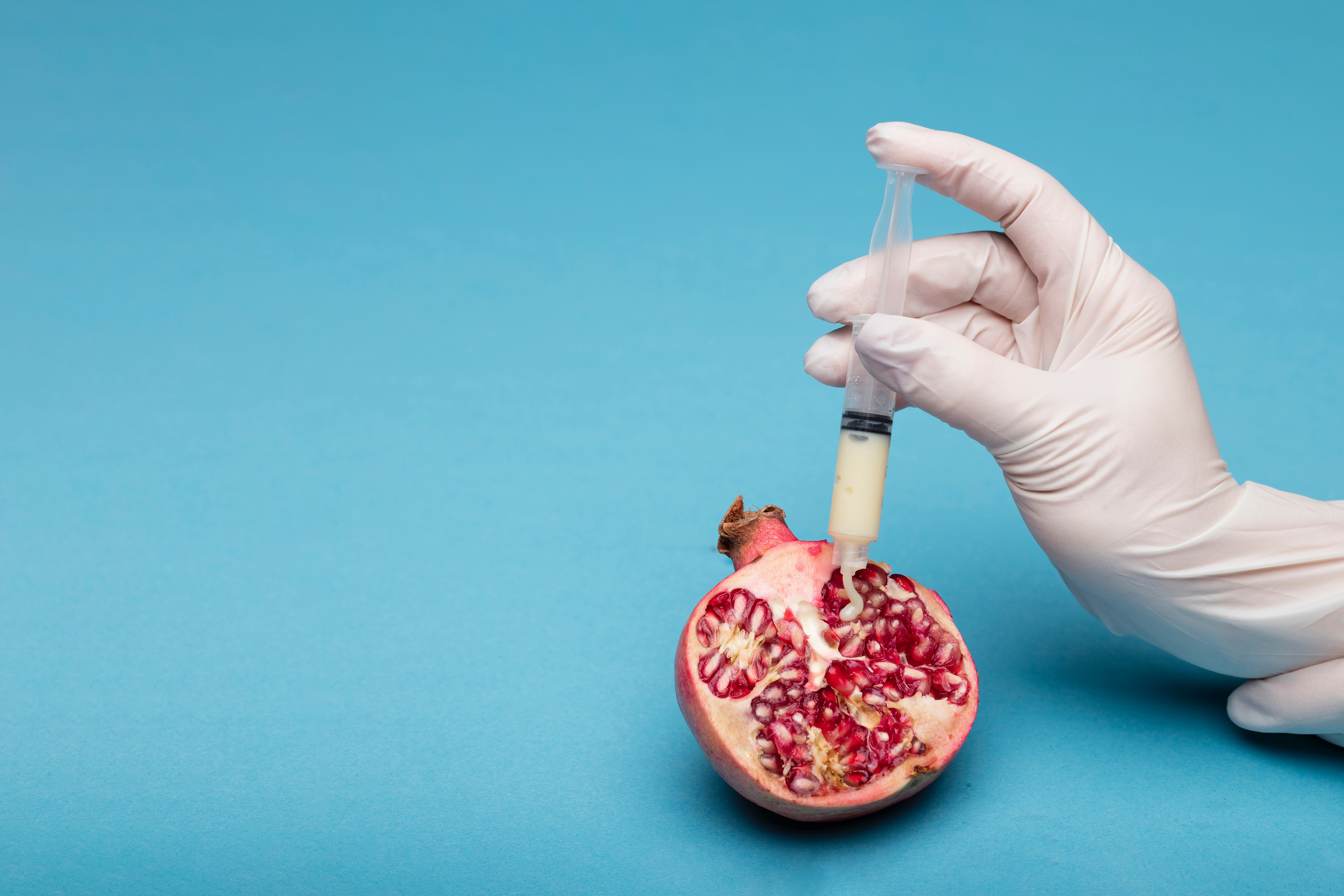
What is Egg Freezing & How it Works?
by Esther on July 18, 2023 , 6 min read
Egg freezing, also known as oocyte cryopreservation, is a medical procedure that allows women to preserve their eggs for future use. In this article, we will explore the concept of egg freezing, its process, who may benefit from it, the chances of conceiving using frozen-thawed eggs, associated risks, cost, and the best age to consider egg freezing. Understanding the ins and outs of this procedure can empower women to make informed decisions about their reproductive options.
In this article, we invite you to explore the captivating realm of egg freezing—a process that blends science, hope, and empowerment. We will unravel the steps, delve into the intricacies of the procedure, and shed light on the incredible potential it holds. Whether you seek to pursue career aspirations, overcome medical challenges, or simply extend the possibilities of parenthood, egg freezing stands as a futuristic opportunity to unlock the best of your reproductive years.
What is Egg Freezing?
In order to preserve a woman's ability to become pregnant, her eggs can be removed and frozen. Ovarian stimulation, when fertility drugs are utilized to promote the formation of numerous eggs, is the first step in the procedure. Transvaginal ultrasound-guided follicle aspiration is a small surgical procedure that is used to remove mature eggs. The eggs are then cautiously vitrified—rapidly frozen to extremely low temperatures—to cryopreserve them, preserving their viability for future use.
Who Needs Egg Freezing?
Egg freezing may be beneficial for various groups of women. This includes those who wish to postpone childbearing for personal or medical reasons, such as career pursuits, educational goals, medical treatments that may affect fertility or circumstances where finding a suitable partner is challenging. Women with conditions like polycystic ovary syndrome (PCOS) or hormonal imbalances that can impact fertility may also consider egg freezing.

What Happens When You Freeze Your Eggs?
Eggs are preserved in their current state, including their age and quality, when they are frozen. Women can choose to use their eggs at a later age, when their fertility may be declining, by doing this. The biological clock is stopped by the freezing procedure, giving women who may otherwise experience reproductive problems the chance to conceive with fresher, healthier eggs.
What is the Egg Freezing Process?
The egg-freezing process typically involves several steps.
- Initial Consultation: Meet with a fertility specialist to discuss the process, review medical history, and conduct preliminary fertility tests.
- Ovarian Stimulation: Take fertility medications to stimulate the ovaries to produce multiple eggs.
- Monitoring and Follicle Growth: Undergo regular ultrasound scans and blood tests to monitor the growth and development of ovarian follicles.
- Trigger Shot: Administer a trigger injection to finalize the maturation of the eggs.
- Egg Retrieval: Undergo a minor surgical procedure to retrieve mature eggs from the ovaries.
- Cryopreservation (Egg Freezing): Rapidly freeze the eggs using a technique called vitrification to preserve their viability.
- Storage: Store the frozen eggs in specialized cryopreservation facilities until ready for future use.

What is the storage duration for eggs?
Eggs can be kept for a long time, often up to 10 years or longer, depending on the policy the clinic follows and the specific situation. Before starting their journey to become pregnant, women can maintain their eggs during the time they spend concentrating on other elements of their lives such as their careers, etc.
What are the chances of conceiving using frozen-thawed eggs?
The chances of conceiving using frozen-thawed eggs depend on various factors, including the woman's age at the time of egg freezing, the number of eggs retrieved and frozen, the quality of the eggs, and the expertise of the fertility clinic. Generally, the younger the woman is at the time of egg freezing, the higher the chances of successful conception using the frozen-thawed eggs.

Cost & Benefits of Egg Freezing
The price of freezing eggs might vary based on things like location, clinic fees, prescription expenses, and storage costs. When determining whether to pursue egg freezing, it's necessary to take both the financial and emotional elements into account. Benefits include the potential to have biological children later in life, improved reproductive options, and mental tranquility.
Risk Associated with Egg Freezing
Egg freezing is generally considered safe, but like any medical procedure, it carries certain risks. These may include potential side effects of fertility medications, complications during the egg retrieval procedure (although rare), and the possibility of not achieving a successful pregnancy in the future despite having frozen eggs. It is crucial to discuss the potential risks and complications with a fertility specialist before proceeding with the egg-freezing process.
What is the Best Age to Freeze Eggs?
While there is no definitive "best" age to freeze eggs, it is generally recommended to consider egg freezing in the late 20s to early 30s when a woman's fertility potential is still high. The quality and quantity of eggs decline with age, so freezing them at a younger age can improve the chances of successful conception in the future. However, it is important to remember that individual circumstances and fertility factors differ, and a consultation with a fertility specialist can provide personalized guidance based on a woman's specific situation.
Conclusion:
Egg freezing is a remarkable technological advancement that offers women the opportunity to preserve their fertility and have more control over their reproductive choices. By understanding the process, considering the right time, and consulting with a qualified fertility specialist, women can make informed decisions about egg freezing, ultimately empowering them to pursue their goals and dreams of starting a family on their own terms. Additionally, for women with conditions like PCOS or hormonal imbalances, egg freezing can provide a valuable option to preserve fertility and enhance their chances of conceiving in the future.
Remember, the decision to freeze your eggs is personal and should be made with careful consideration. Trust your instincts, lean on the support of your healthcare team, and know that you have the strength and resilience to navigate this journey. So, take that leap of faith, knowing that you are taking an active role in shaping your future. The path to parenthood may have its twists and turns, but with egg freezing, you are proactively paving the way for a brighter tomorrow.